of the Leaven is found in two of the Gospels.
It is a very simple story--
a snapshot of life, really:
“The kingdom of heaven is like yeast that a woman took and mixed into a large amount of flour until it worked all through the dough”
(Matthew 13:33; cf. Luke 13:20-21).
Jesus uses this story as an object lesson to illustrate the kingdom of heaven.
A woman takes yeast (leaven) and mixes it into dough.
Eventually, the whole of the dough is leavened.
What does it mean?
First,
it’s important to define “kingdom of heaven.”
By this, Jesus is referring to His domain as the Messiah.
In the current age, the kingdom of heaven is
spiritual, existing within the hearts of believers
(Luke 17:21).
Later, the kingdom will be
manifest physically,
when the Lord Jesus
establishes His throne on this earth
(After the tribulation, at the End of Jacob's Trouble).
(Revelation 11:15).
In the Parable of the Leaven,
we learn several things about the
working of the kingdom in our present age.
Each of these lessons stems from the nature of yeast.
First, the kingdom of God
may have small beginnings, but it will increase.
Yeast is microscopic in size (like an apple seed),
and only a little is kneaded into the dough.
Yet, given time, the yeast will spread through all the dough.
In the same way, Jesus’ domain started with twelve men
in an obscure corner of Galilee,
but it has spread throughout the world.
The gospel makes progress.
Second,
the kingdom of God exerts its influence from within,
not from without.
Yeast makes dough rise from within.
God first changes the heart of a person,
and that internal change has external manifestations.
The gospel influence in a culture works the same way:
Christians within a culture
act as agents of change,
slowly transforming that culture from within.
we praise the joy found in the living God!
Our identity is found in the living God!
Jesus changed culture through contagious love
Third,
the effect of the kingdom of God will be comprehensive.
Just as yeast works until the dough has completely risen,
the ultimate benefit of the kingdom of God will be worldwide
(Psalm 72:19; Daniel 2:35).
"The earth will be filled with the knowledge
of the glory of the LORD,
as the waters cover the sea”
(Habakkuk 2:14).
Fourth,
although the kingdom of God works invisibly,
its effect is evident to all.
Yeast does its job slowly, secretly and silently,
but no one can deny its effect on bread.
The same is TRUE
of the work of grace
in our hearts.
The nature of yeast is to grow and to change whatever it contacts.
When we accept Christ,
His grace grows in our hearts and changes us from the inside out.
As the gospel transforms lives,
it exerts a pervasive influence in the world at large.
As we “reflect the Lord’s glory, [we] are
being transformed into his likeness with ever-increasing glory,
which comes from the Lord, who is the Spirit”
(2 Corinthians 3:18).
Unleavened bread is bread that is made without leaven,
which is another word for yeast.
Yeast makes bread rise,
so when bread is unleavened, it remains flat and dense.
The Israelites ate unleavened bread as part of the Passover celebration.
It was symbolic of the haste
with which the Israelites fled Egypt during the Exodus--
they left so quickly that the bread did not have time to rise.
God instructed them to commemorate the event
by eating unleavened bread:
"You shall eat no leavened bread with it.
Seven days you shall eat it with unleavened bread,
the bread of affliction—for you came
out of the land of Egypt in haste—that
all the days of your life you may
remember the day when you
came out of the land of Egypt"
(Deuteronomy 16:3).
Other verses that command the eating of unleavened bread are
found in
Exodus 12:8; 29:2; and Numbers 9:11.
Leaven is also a symbol of separation from God. Even a small amount of leaven is sufficient to affect an entire lump of dough, and likewise, a little sin-or separation, will hurt the church, nation, or the whole of a person's life
(Galatians 5:9).
wandering from God starts out small, in the thoughts, and then affects the will and the actions (James 1:14-15).
Paul warns the Corinthians that "a little leaven leavens the whole lump" and is using this analogy to refer to our need for God's sovereignty, spiritual unity, and repentance.
For Christ, our
Passover lamb, has been sacrificed"
(1 Corinthians 5:6-7).
Now, once a lump has been leavened, it is not possible to cleanse out the leaven, because it has permeated the dough.
What Paul is asking the Corinthians to do in "cleansing out the old leaven" is impossible,
for sin cannot be eliminated by
human effort or obedience to the law-
but through
Repentance in Yeshua
The law was given
to make us aware of sin
(Romans 3:20; Romans 7:7).
The law is not meant to discourage us,
but to encourage us
toward Christ,
who is the propitiation for our sins.
His sacrifice on the cross paid for our sin and made it possible for us to remove the leaven from the lump, as Paul puts it.
Another word for this is sanctification
(Hebrews 10:10, 14).
As we come into the light,
and confess that we are indeed stained by sin,
He is "faithful and just to forgive us our sins and to cleanse us from all unrighteousness"
(1 John 1:9).
Thankfully, unleavening is
His work, not ours
(Ephesians 2:8-10).
The Bible teaches that
we do not have the power
to remove sin.
It has permeated us completely, from birth, because—despite future good or evil actions—every person is born in sin simply because we are members of Adam.
The first Adam brought separation from God,
but the second Adam (Jesus Christ)
❤️ brought life ❤️
(1 Corinthians 15:22).
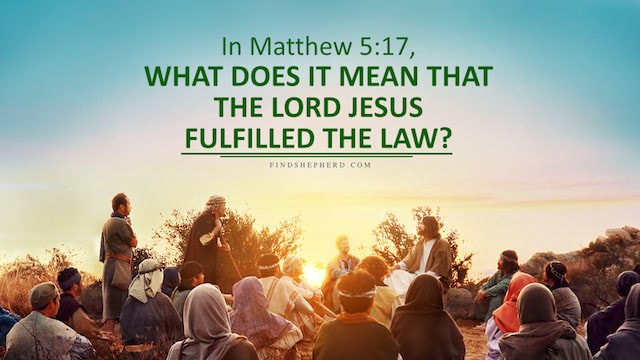


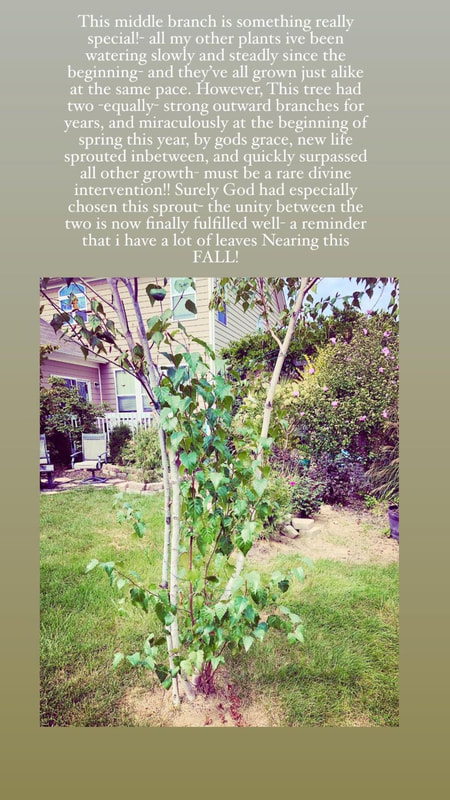


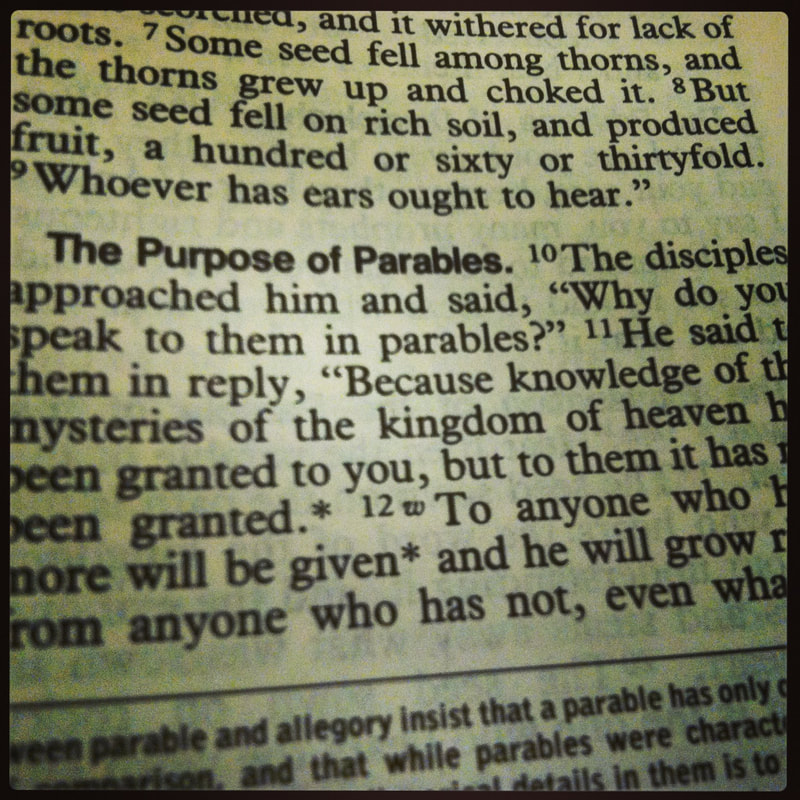
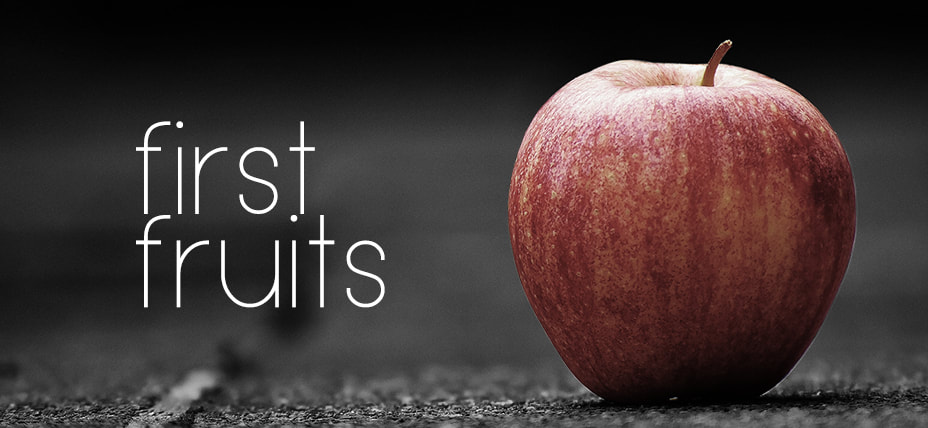

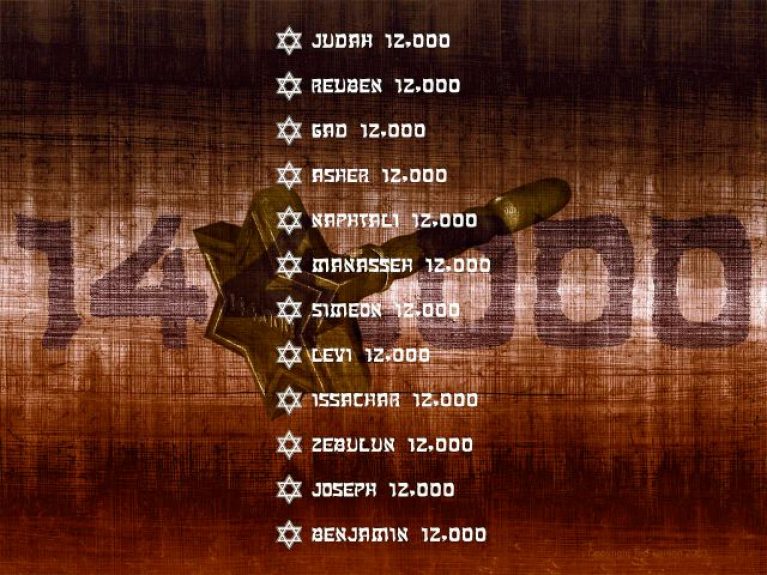

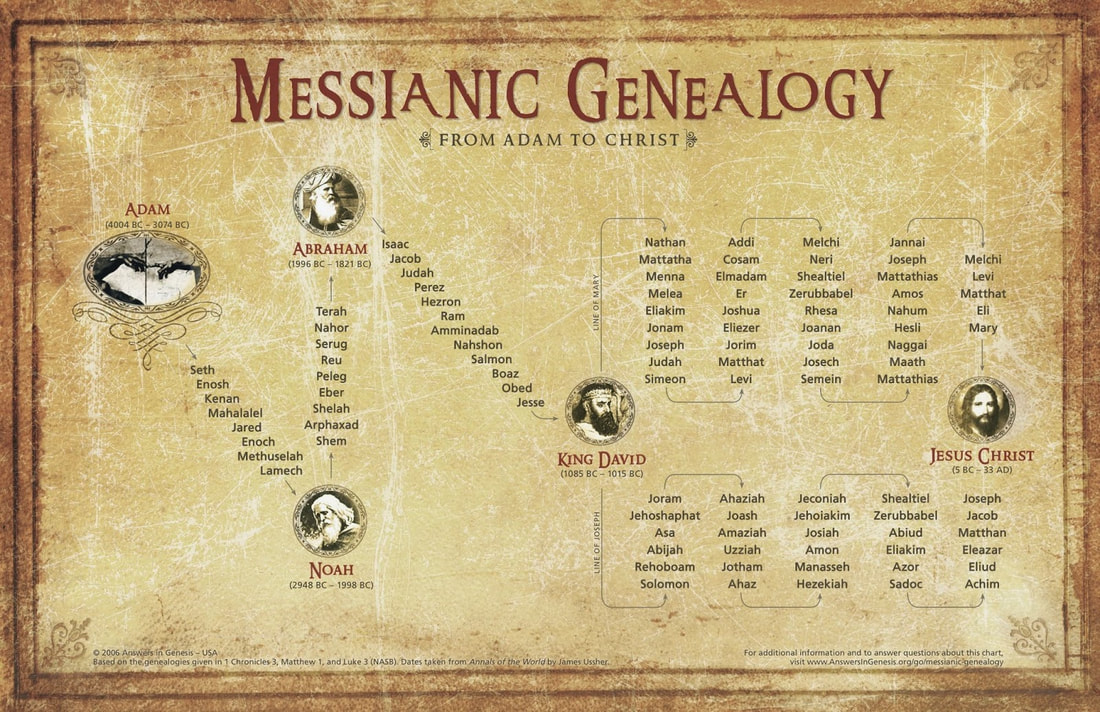
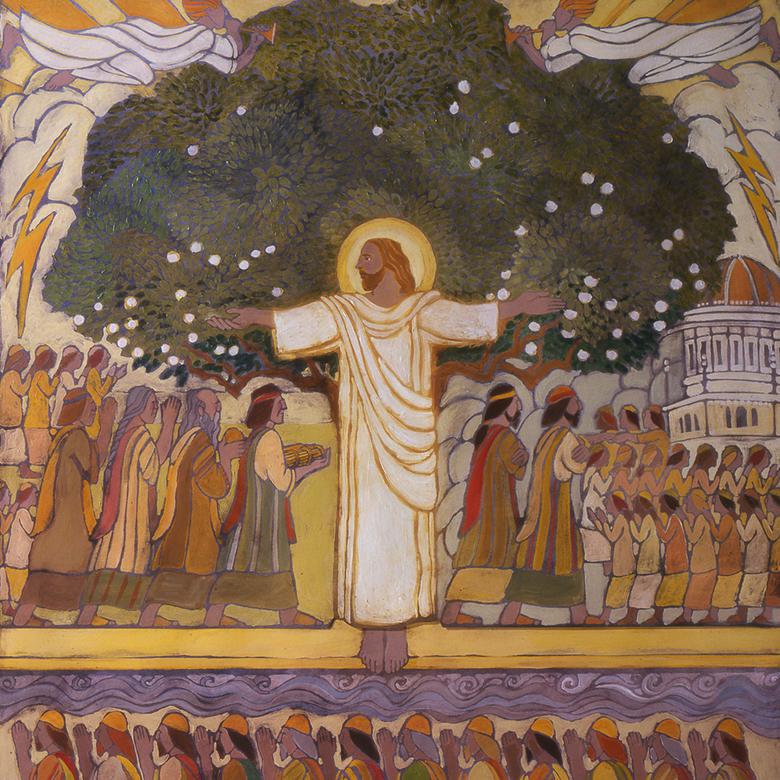
 RSS Feed
RSS Feed
























































